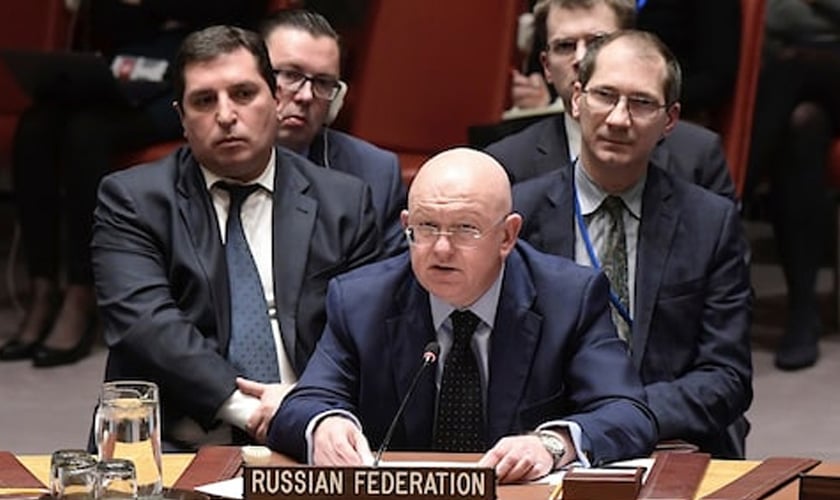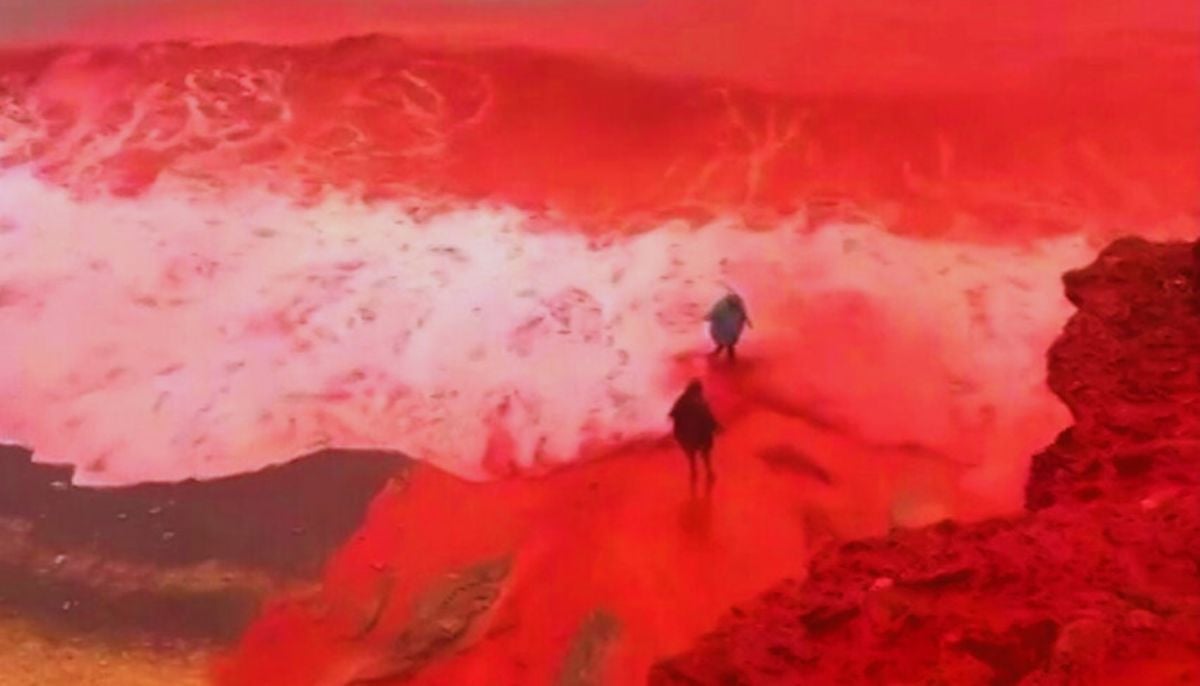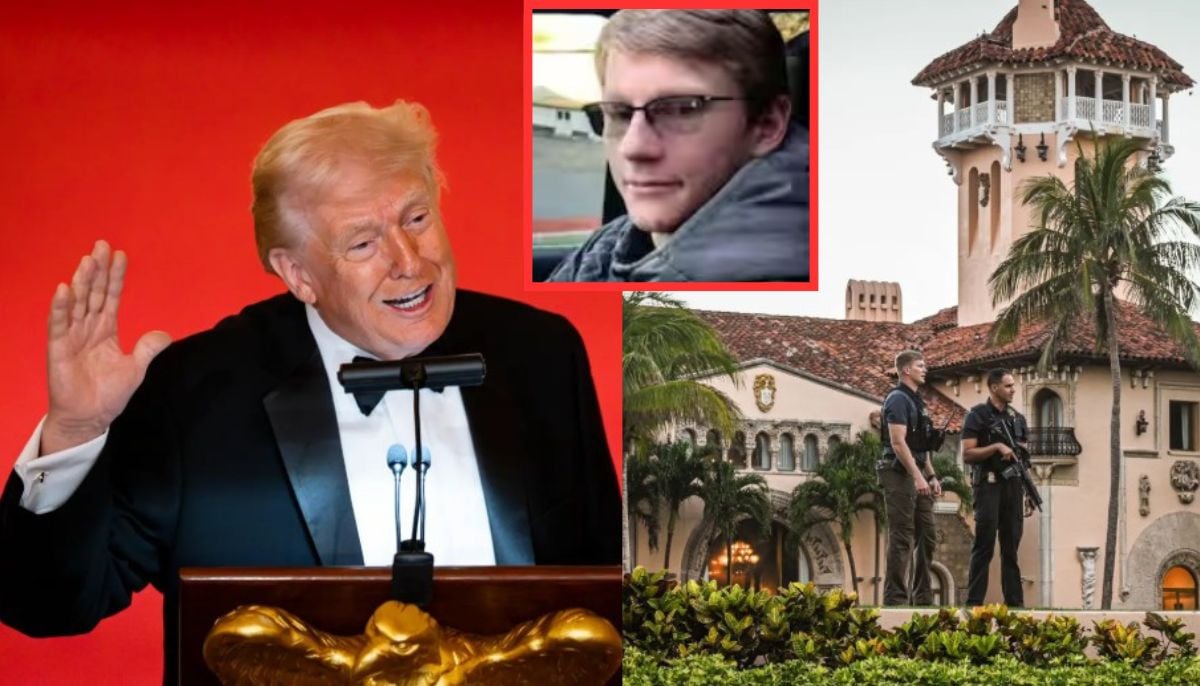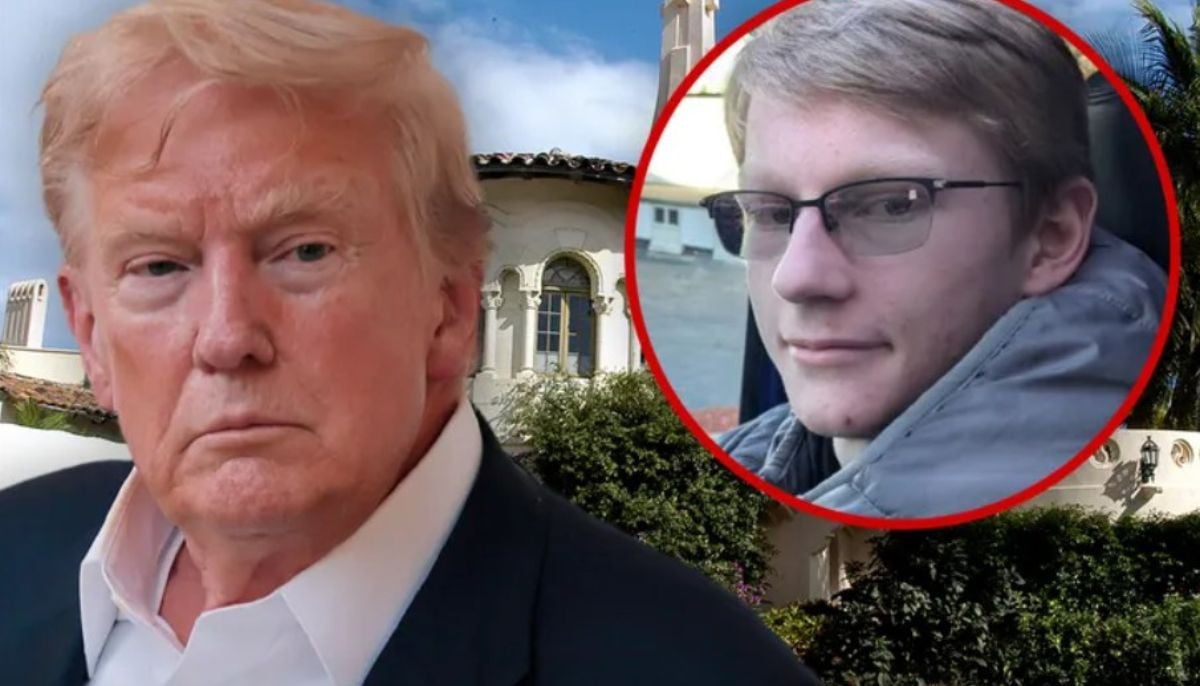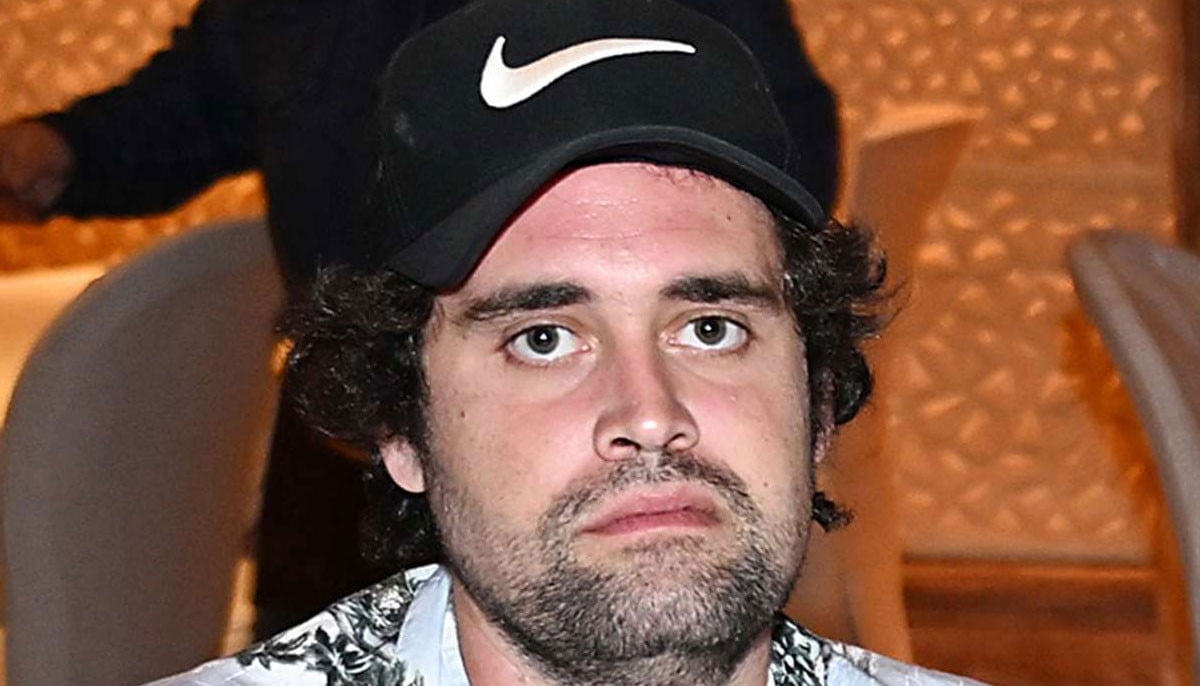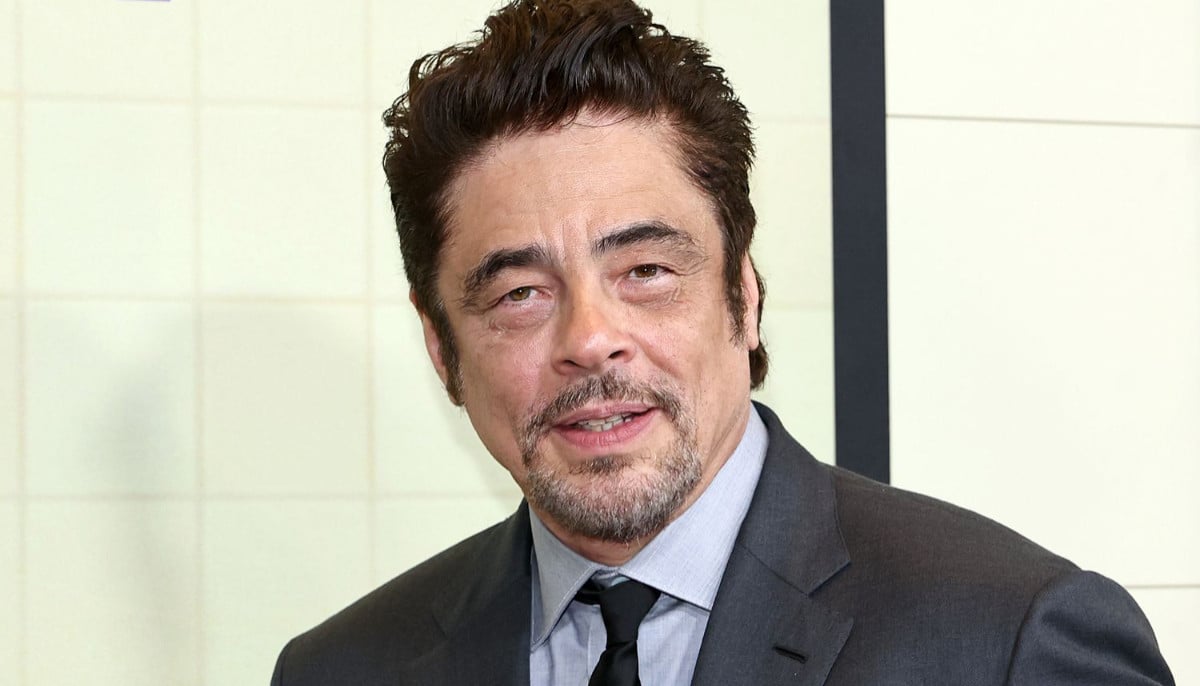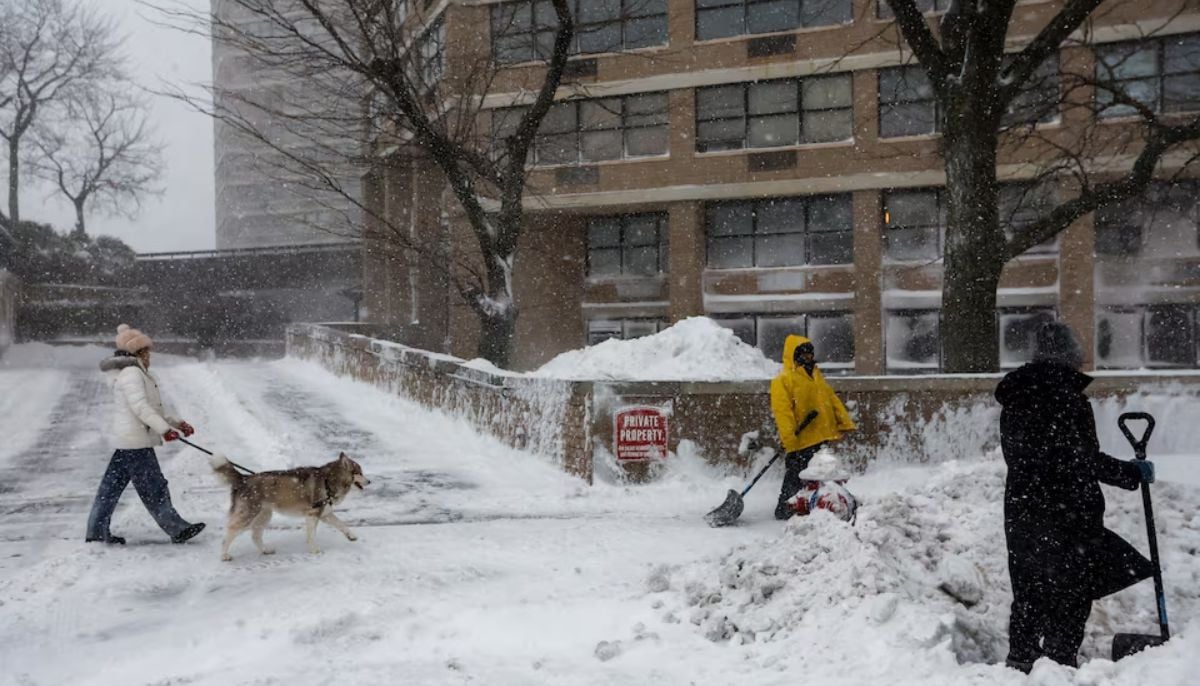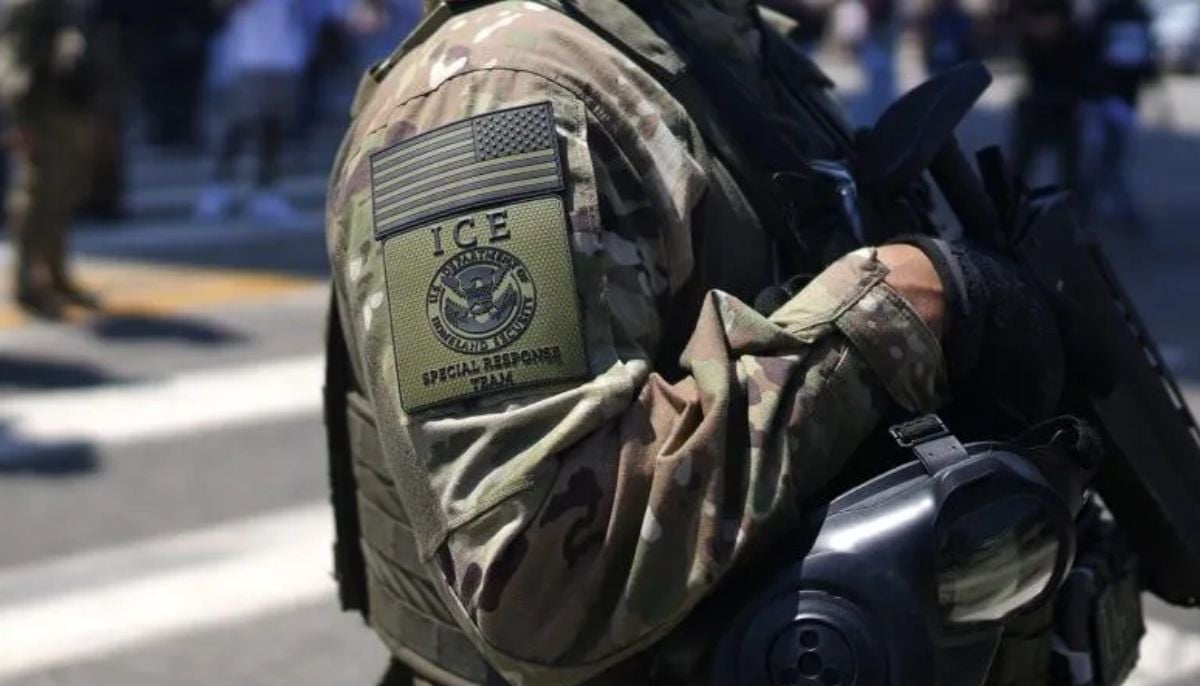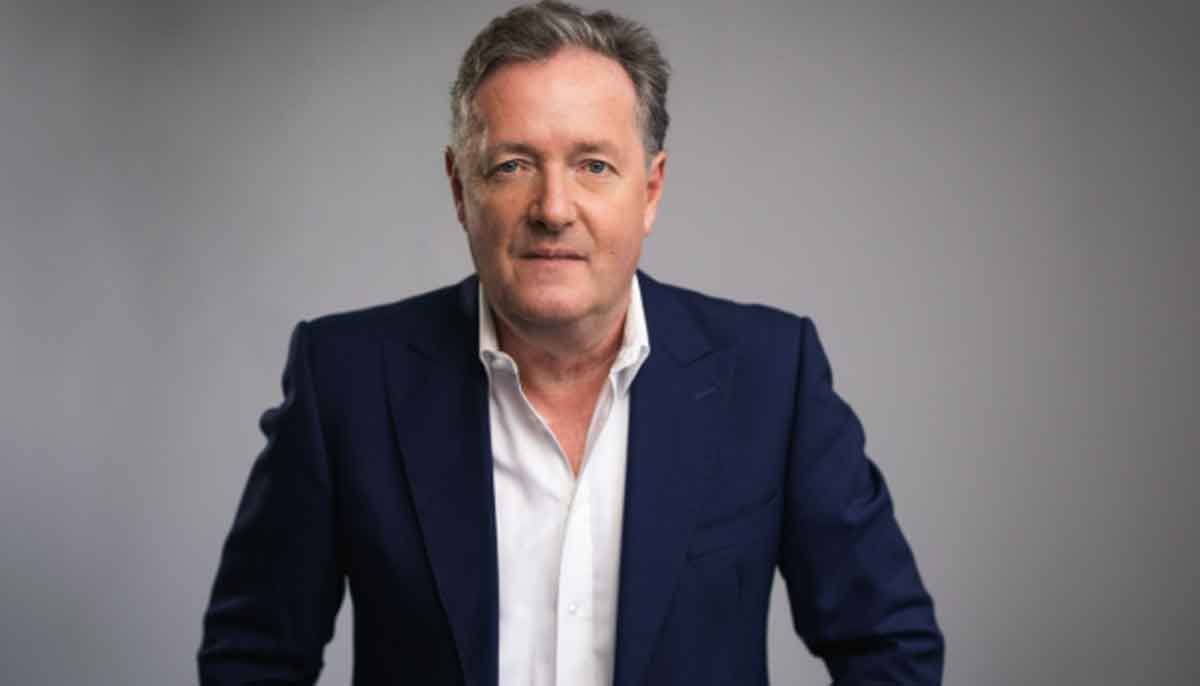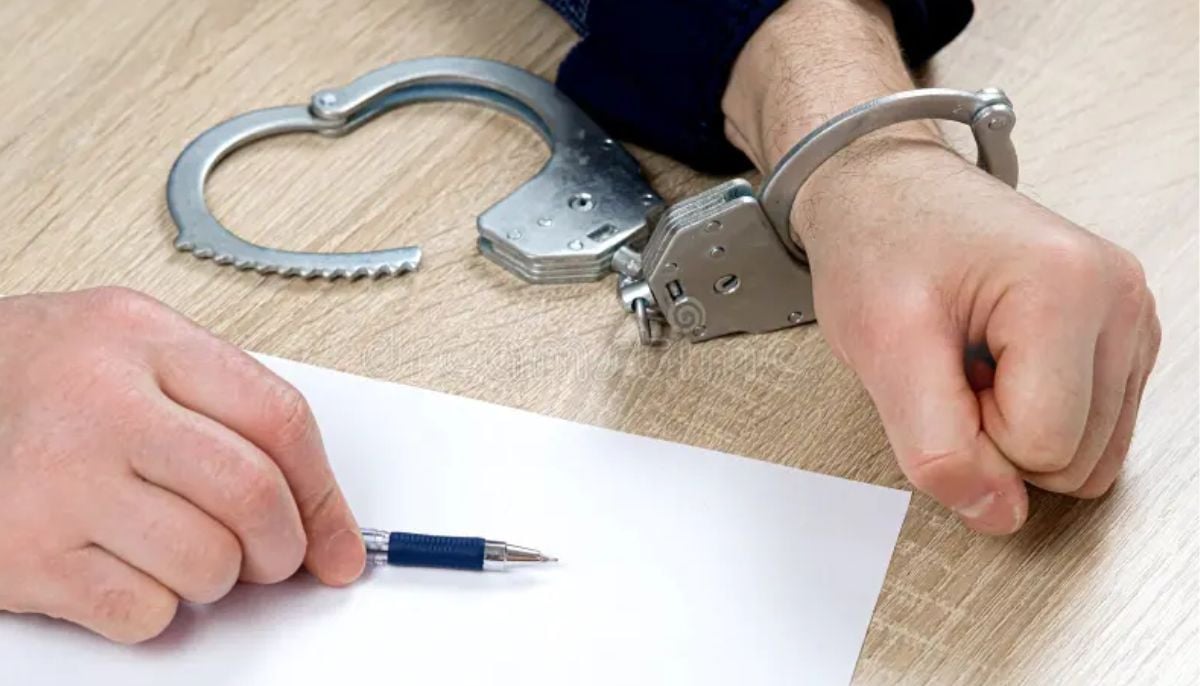Russia vetoes UN bid to set up Syria chemical weapons probe
Russia on Tuesday vetoed a US-drafted United Nations Security Council resolution that would have set up an investigation into chemical weapons use in Syria following an alleged toxic gas attack in rebel-held Douma.
UNITED NATIONS: Russia on Tuesday vetoed a US-drafted United Nations Security Council resolution that would have set up an investigation into chemical weapons use in Syria following an alleged toxic gas attack in rebel-held Douma.
It was the 12th time that Russia has used its veto power at the council to block action targeting its Syrian ally.
Twelve of the 15 council members backed the measure, including France, Britain, African countries, Kazakhstan and Kuwait. Bolivia voted against the draft resolution, while China abstained.
The showdown between the United States and Russia at the United Nations came as the threat of Western military action in Syria loomed large.
President Donald Trump has warned that there will be a "big price to pay" for the alleged use of toxic gas in Douma that killed at least 40 people, according to Syrian medics and rescuers.
A draft resolution requires nine votes to be adopted in the 15-member council and no veto from the five permanent members -- Britain, China, France, Russia and the United States.
Ahead of the vote, US Ambassador Nikki Haley said "this resolution is the bare minimum that the council can do to respond to the attack" on Saturday.
Russian Ambassador Vassily Nebenzia accused the United States of "planting this resolution" as a "pretext" to justify its future action on Syria.
"We are using the veto in order to protect international rule of law, peace and security, to make sure that you do not drag the Security Council into your adventures," Nebenzia said.
The council was to vote on two other draft resolutions proposed by Russia, one that would set up an inquiry and the second that would express support for an investigation by the Organisation for the Prohibition of Chemical Weapons.
Diplomats said they did not expect either of those to be adopted.
-
Benicio del Toro on losing mom in chldhood: 'I’m still dealing with it'
-
More than 500,000 without power as blizzard hits US Northeast
-
Charli xcx details boozy second wedding to The 1975's George Daniel: 'Everyone was hungover'
-
ICE agent misfired bullet into Minnesota hotel’s guest room
-
Piers Morgan reacts to photo with Ghislaine Maxwell
-
UK data privacy regulators raises safety concerns, warn against AI-generated images
-
Rape suspect flees aboard after mistaken prison release
-
Jack Hughes' patriotic words spark calls for Tate McRae to dump her boyfriend
